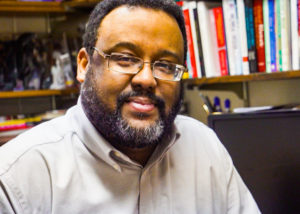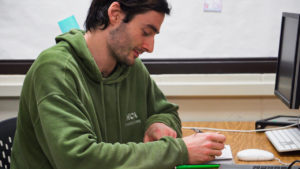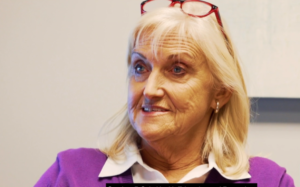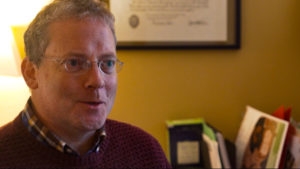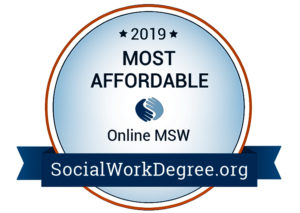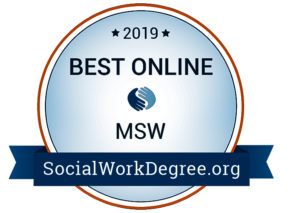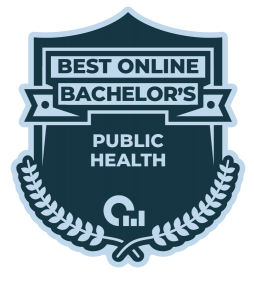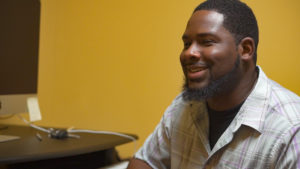Degree Spotlight B A in Sociology
Dr. Adriana Lopez provides an overview of the Bachelor of Arts in Sociology at UA Little Rock.
The UA Little Rock Bachelor of Arts in Sociology is a completely online program that focuses on the study of our behavior as social beings. The B.A. in Sociology program develops and deepens a student’s understanding of social factors such as race, ethnicity, gender, age, education, and social class.
“Sociology is this fascinating way of looking at society from different perspectives,” said Adriana Lopez, associate professor of sociology at UA Little Rock. “What sociology is going to teach our students is most of the concerns we worry about are shared by a lot of people.”
The 120-hour online program promotes the knowledge of key social factors and research design through courses such as minority groups, environmental sociology, and women in changing society.
Ramirez said the goal of the program is to teach students how to understand social structures, research methods, and the implementation of social policies.
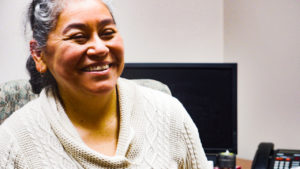
“What we try to do in the sociology program is to get students to think about their place in society and how society shapes their options, likes, and attitudes,” Lopez said.
Because the B.A in Sociology degree covers a wide range of topics within the humanities, earning a sociology degree can be an advantage in numerous industries. Students who have earned a sociology degree are often well-positioned to pursue a career in human service administration, counseling, public office, or education.
Lopez explained sociology is a far-reaching and varying field that interacts with other disciplines like anthropology, political science, philosophy, and psychology, providing students a wide range of professional possibilities.
For more information on the B.A. in Sociology online program email: Kxlewis@ualr.edu

